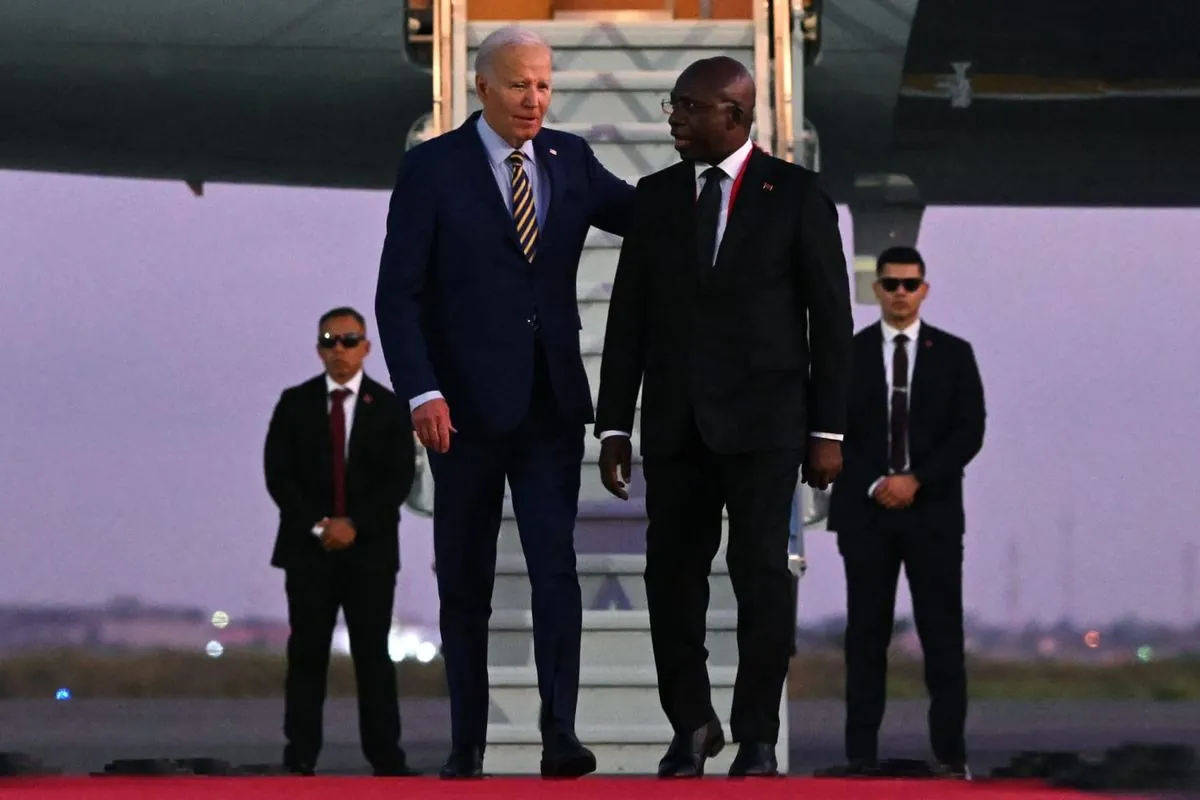President Biden made his only sub-saharan Africa stop as president visiting Angola this week‚ where US officials tried to highlight unusual historical ties: the trans-atlantic slave trade that brought millions from Angola to America (making a strange case for modern diplomatic advantage)
The New York Times wrote about this approach before the visit:
Most African-Americans have roots in Angola‚ giving USA unique cultural connections that China cannot match
In my recent international journalism class students found this messaging weird and off-putting - using such tragic historical events as modern diplomatic tools doesnt make sense. Still thereʼs deep connections between African-Americans (about 13% of US population) and Africa that go beyond simple diplomacy
The US keeps bringing up China in Africa but reality shows different picture: Chinese leaders visit multiple african countries each year while Biden barely made it to Angola with less than 2 months left in office. Chinese economic ties are way-more developed; even new US-backed railway project wont change this fact
African leaders like Angolan President João Lourenço dont want their continent caught in US-China competition (similar to cold-war times). This fits global trend - countries in Asia and Latin America also avoid picking sides between big powers
Africa needs real engagement: its population grows fast‚ cities get bigger‚ and future global workforce will be largely african. Good business chances exist in:
- Manufacturing and education
- Urban development projects
- Healthcare systems
- Service industry growth
- Housing and utilities
Instead of making speeches about China US could focus on helping companies invest in these areas - moving beyond just oil and minerals that were always main interest
